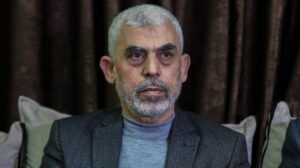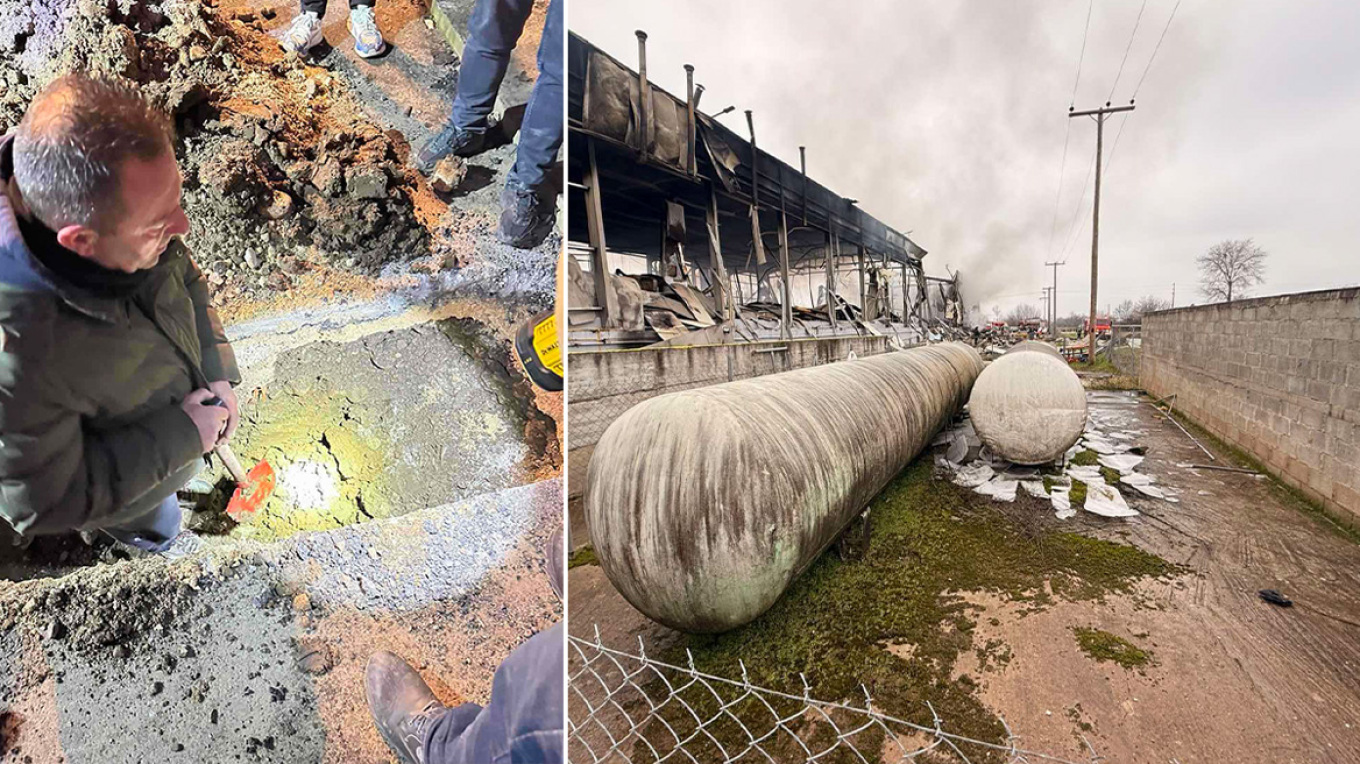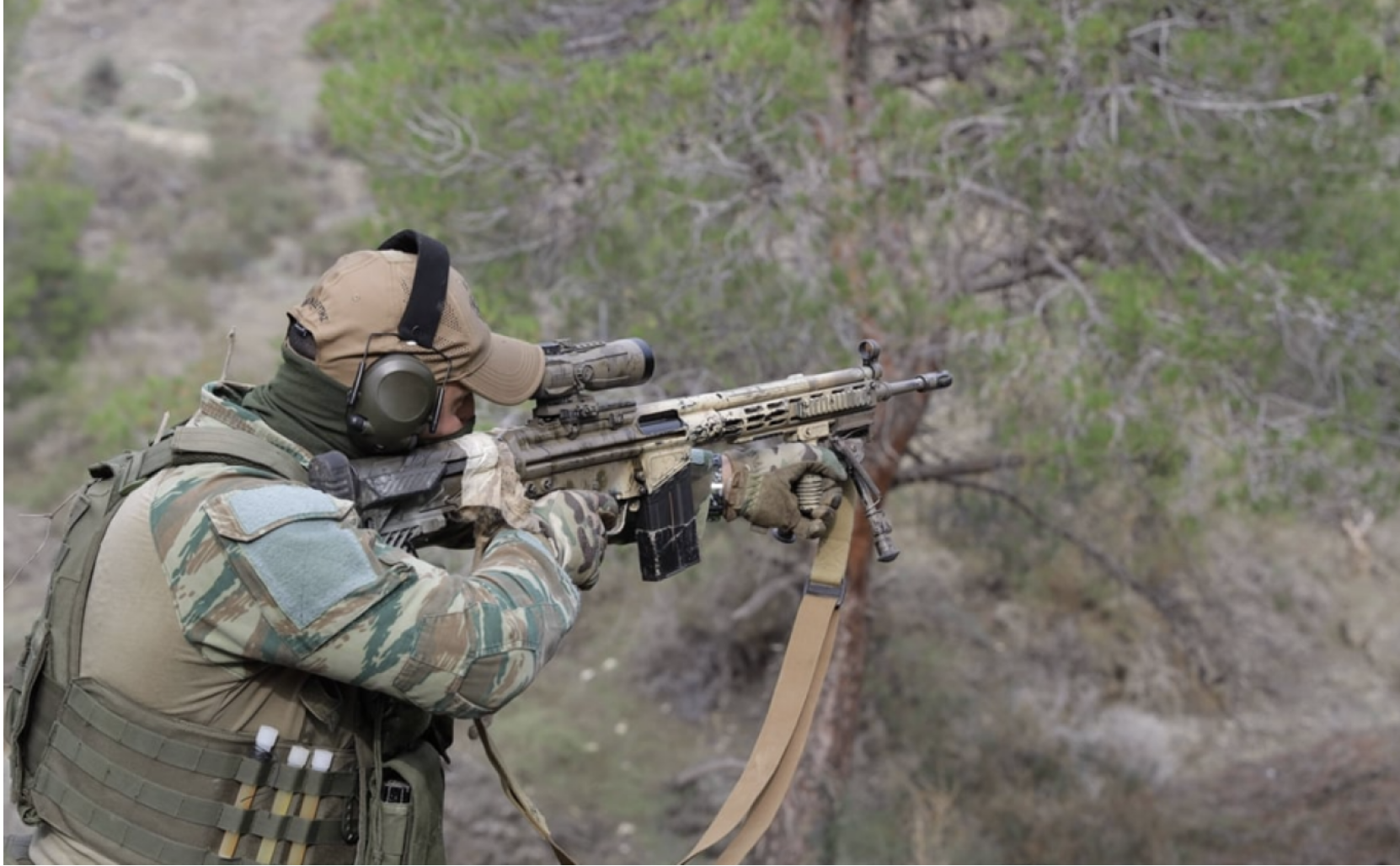The enormous impact on the war in Gaza expected to be caused by the extermination of Yahya Sinwar, head of Hamas and architect of the October 7 attacks, both on the battlefield and in Israel’s attacks in Lebanon and the West Bank, as well as in its internal politics, the Guardian attempts to document in an article by Jason Burke.
One of the biggest immediate effects has to do with Hamas, which has lost much of its senior leadership. Already in charge of its military wing in Gaza, Sinwar took over Hamas’ leadership after Ismail Haniyeh was killed in a bomb blast at a government guesthouse in Tehran in July. The blast was blamed on Israel. Other senior figures have been killed in Beirut and Gaza, including military commanders Marwan Isa and Mohammed Deif, who were killed during Israeli airstrikes.
Hamas will present Sinwar as a martyr and will try to frame his death in such a way as to inspire new volunteers. According to the analysis, the fact that he died fighting, on the front line and with a gun in his hand, will help the narrative. However, the writer believes that regardless of propaganda, the elimination of such a leader is unlikely to boost recruitment at a time when Hamas desperately needs new recruits in Gaza.
Hamas is expected to be thrown into disarray
Command in Gaza is likely to pass to Sinwar’s younger brother, Mohammed, 49. It is estimated that Mohammed will continue the strategy of low-level guerrilla resistance in Israel. His emphasis will be on maintaining some form of shadow administrative control in the region, but also on exploiting international outrage over civilian casualties to put pressure on Israel.
However, Hamas, in a broader context will be confused. It will have to find a new leader. Sinwar, despite the prestige he had amassed, was considered a controversial choice. His succession by his brother would send a strong message. But Mohammed Siwnar is expected to struggle to unify and rally the organization.
Plus, important strategic choices that were not made, as they were postponed by the appointment of Sergeant Sinwar will have to be made under great pressure and with the knowledge that the Israeli security services are capable of tracking and killing even the most senior officials.
Netanyahu’s position in Israel is expected to be strengthened
In Israel, Benjamin Netanyahu is still blamed by many for failures on security, resulting in the October 7 attacks.
But the elimination of Sinar is expected to strengthen his political standing and rally his hard-right support base.
Poll-wise, Netanyahu had seen an improvement in his ratings after successes in Lebanon, where Hezbollah leader Hassan Nasrallah was also assassinated.
Opportunity to end the war
The death of Sinwar will undoubtedly be seen by some Israelis, including many in senior positions in the military, intelligence agencies and government, as the moment to declare victory in Gaza and end what is widely seen as exhausting and necessary. It is unclear, however, whether this may be the case.
There is a chance that ceasefire negotiations could get a boost now that one of the two people accused of blocking any deal has died. But it is possible that the attitude of any successor to Shinar in the talks may not be so different. At the same time, Netanyahu has insisted that military pressure can return the 100 or so hostages in Gaza, of whom only an estimated half are still alive.
The chances of Netanyahu agreeing to release thousands of Palestinian prisoners, including many who have killed Israelis, are considered slim, as are other concessions.
Pressure from Washington
One of the scenarios involves the possibility of US pressure on Israel to end its attack on Gaza. That would be a relief for the Democratic Party, just days before the presidential election. Washington has increased pressure on Israel to increase access to humanitarian aid for Gaza’s 2.3 million people, while more than 42,500 people have been killed since last October.
But even Israel’s declaration of victory in Gaza, following the death of Sinwar, does not mean that the “next day” will begin. Israeli officials have made it clear that their military control and operations will continue in Gaza for as long as they deem necessary. There is also no agreement on a mutually acceptable new political configuration in Gaza.
Already yesterday, opposition MP Benny Gantz praised the death of Sinwar as a “significant achievement” but insisted that the Israeli military “will continue to operate in the Gaza Strip for years to come.”
Why eliminating Sinwar will not bring an end to the conflict
Israel has already turned its attention to the battle against Hezbollah in Lebanon and more broadly against Iran across the region. Netanyahu has so far rejected any ceasefire in the north, believing he has the upper hand. He also has not ordered retaliation for Iran’s barrage of missiles into Israel, which will no doubt be done.
Sinwar’s assassination is expected to further boost the confidence of Israeli military, intelligence and political officials, who have already been greatly encouraged by their recent successes. Besides, in Israel, at the strategic level, there is a need to restore its deterrent power and permanently weaken Iran.
The elimination of Sinwar will be emotionally satisfying for many Israelis, politically useful for Netanyahu and his supporters, and a major blow to Hamas. But, the analysis concludes, it is unlikely to bring a sudden end to the multiple conflicts underway in the Middle East.
Ask me anything
Explore related questions





